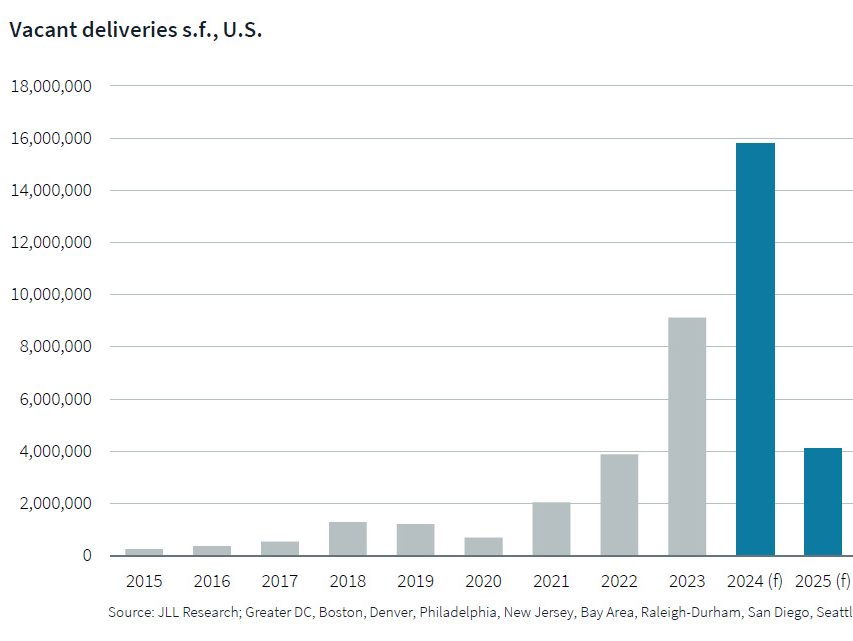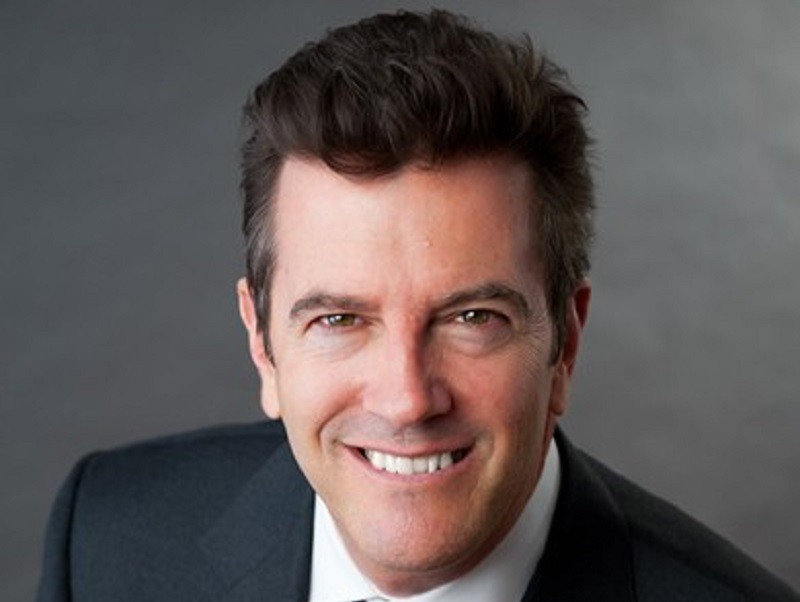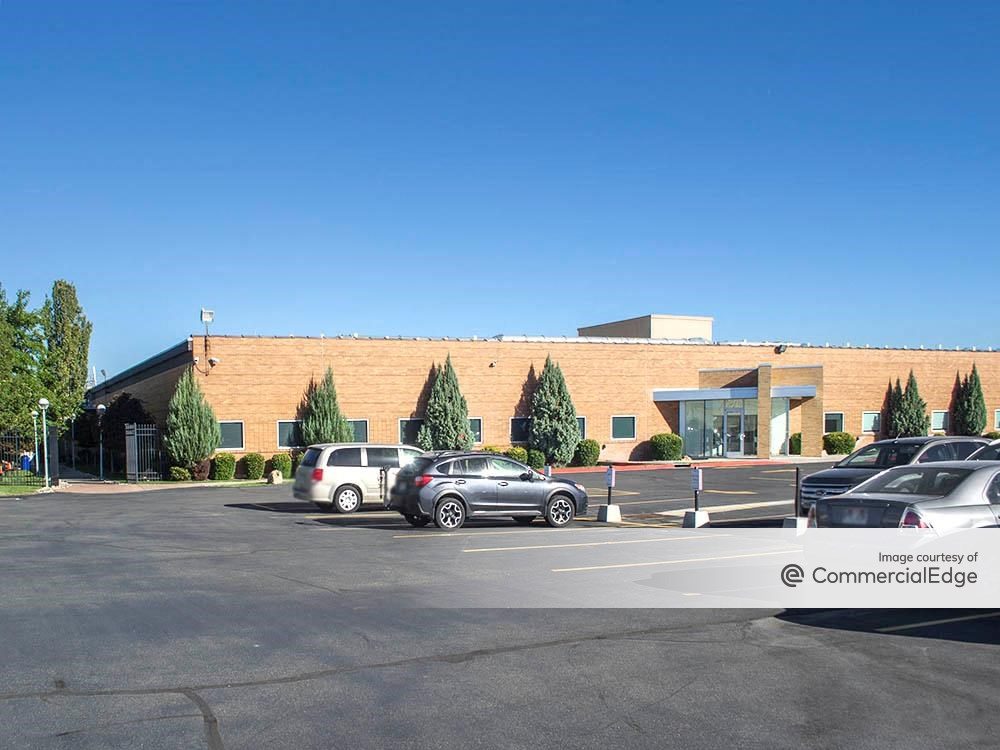Will Seattle Housing Snap, Crackle or Pop?
By Alex Girda, Associate Editor Seattle housing is making waves in the news, but homebuilders tell a slightly different story. A recent report in The Seattle Times offers some insight into what homebuilders have to do to perfect a sale. Offers [...]
By Alex Girda, Associate Editor
Seattle housing is making waves in the news, but homebuilders tell a slightly different story. A recent report in The Seattle Times offers some insight into what homebuilders have to do to perfect a sale. Offers range from competitions for iPads and smartphones at open houses to $10,000 buyer bonuses to providing all the furniture in the house.
Achieving a sale is a delicate task because an actual decrease in price would become troublesome for the seller relative to what they paid when they bought the house—bad business, according to George Rolfe, of The Runstad Center for Real Estate Studies at the University of Washington. That’s where the incentives come in. They increase interest in the properties while maintaining pricing.
While brokers struggle to sell homes, apartment demand is apparently enough to drive growth. A new development is about to break ground on First Hill—the first apartment property to be built in the area in 35 years. The 17-story, 237-unit development, being constructed by Holland Partners Group, will be situated at 1200 Madison. As part of an interesting strategy, the company offers the possibility of tracking progress on its Web site.
The Emerald City has earned some new green designations, as well. Vulcan Real Estate’s South Lake Union Urban Center plan was named the first such Washington venture to win an important certification for environmentally sustainable neighborhood development. This fits in perfectly with the city’s own recent application for Leadership in Energy and Environmental Design Neighborhood Development certification from the U.S. Green Building Council. The certification goes to projects that take into consideration essential principles of smart growth, urbanism, residential density and diversity, reuse of historic buildings and comprehensive waste management. South Lake Union is one of 65 plans throughout the United States to receive the neighborhood certification.






